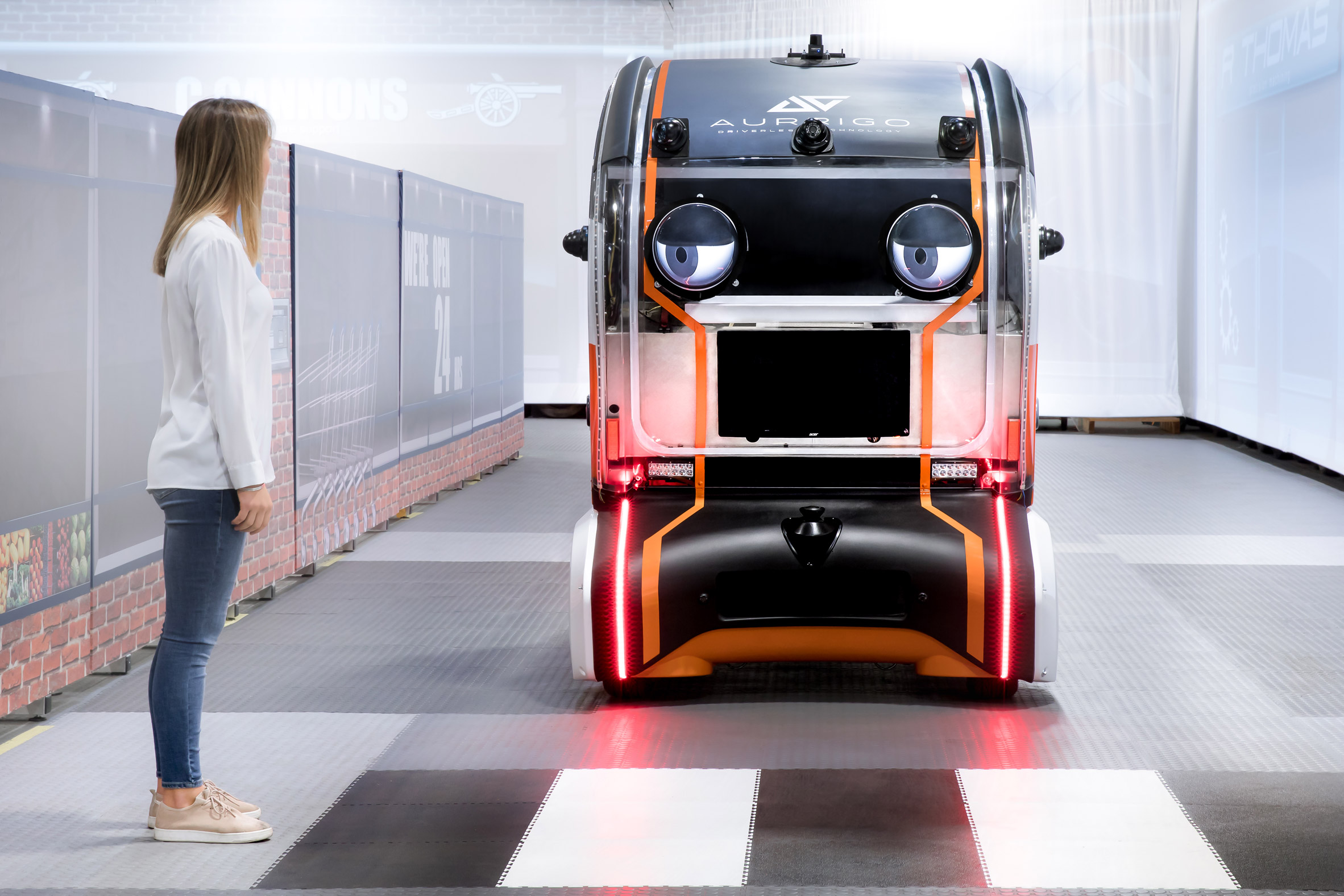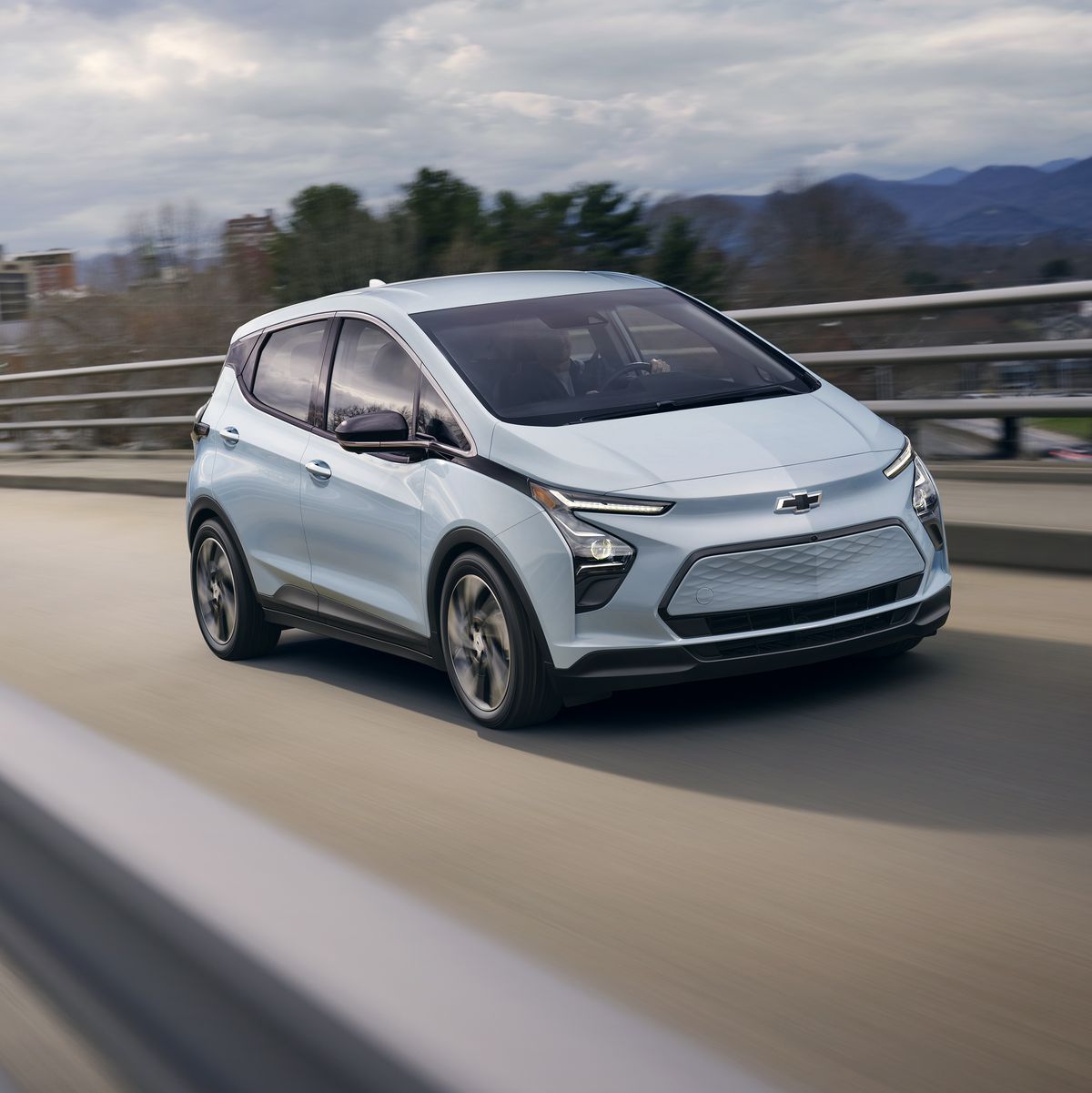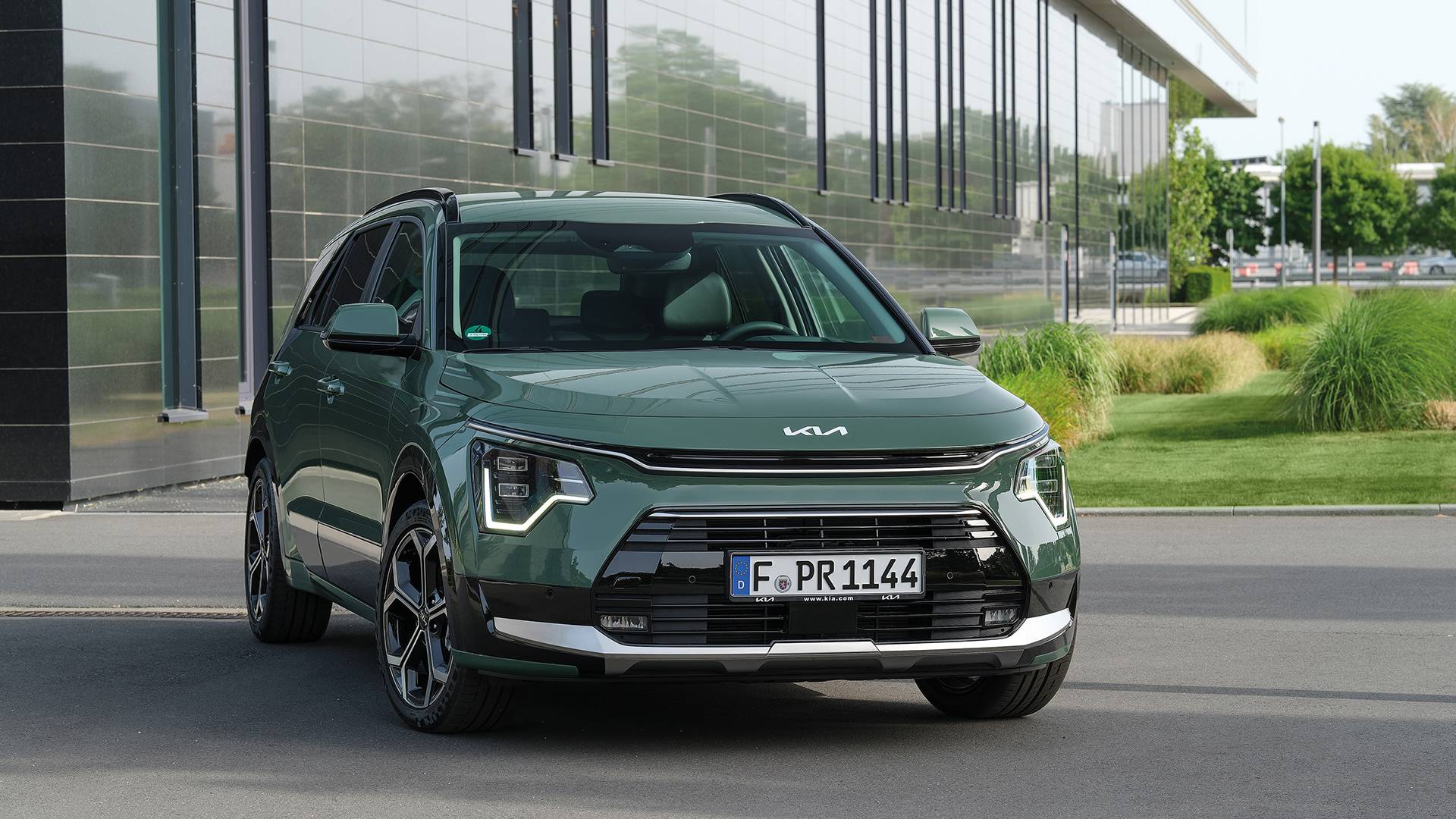
There are a number of Toyota hybrid vehicles available on the market, from sedans to SUVs. These vehicles are equipped with advanced safety and technology, and they offer excellent fuel efficiency. They are more expensive than traditional gasoline-powered vehicles, but they come in a range of trim levels to fit your budget and needs.
Toyota Avalon is a good example of a hybrid offering great value. It boasts a spacious interior with plush materials and many creature comforts. The impressive Multi-Information display is complemented by a 14-speaker JBL sound system. Additionally, the vehicle comes with a variety of safety features.
Another example of a hybrid to consider is the Toyota Corolla. This compact sedan is well-known and has earned a high rating in reliability surveys. In the past few years, replacement battery prices have decreased, and many owners are enjoying their cars for many more years to come.

The Toyota Sienna is a minivan that only comes as a hybrid, so if you need a vehicle with enough room for your family and friends, this is a good option. You have a choice of several trim levels: from the economical LE to the luxurious Platinum. It also offers all-wheel drive. The best thing about the hybrid version is that it can be purchased for a few thousand more than its gasoline-powered counterpart.
The Toyota RAV4 hybrid gets great gas mileage. The compact SUV comes standard with tons of safety features, including an Electronic On-Demand All-Wheel Drive. It's almost like a house built on wheels. You can also use it to store extra cargo.
The Toyota Prius is the first hybrid car to be mass-produced. Although the Toyota Prius has been around for decades, the latest generation is more powerful. It also uses less fuel. It is the very first Toyota to get a 1.8-liter four cylinder engine that has been EPA-rated. It can even achieve 53 MPG over the highway.
The Toyota Highlander is an SUV full-size that delivers more than its share in utility and performance. The Highlander is equipped with a unique powertrain system, which allows it switch between full-power or electric drive modes depending how fast you drive. Other notable features include a large touchscreen, rear entertainment options, and a Multi Information Display that displays more information than a dozen at once.

The Toyota Prius is a well-engineered vehicle that offers both performance and reliability. This model features new styling and an improved powertrain. It may not be the fastest car, but it is the best-equipped vehicle of its size. Unlike most modern cars, it can also be the most fun to drive.
FAQ
What are the basics of car mechanics?
To work as an auto technician, you don’t need to know much about cars. The only thing you need is the ability to fix them. That's why most people start doing jobs like fitting brake pads or changing tires before progressing to more complex repairs.
You will need to understand written instructions, read diagrams and follow the basic rules of good practices. It is also important to know how to determine if parts are damaged or need to be replaced.
It's important to remember that you shouldn't attempt to repair vehicles without having received proper training and guidance. This is especially true when you are dealing with costly components like engines and transmissions.
In fact, even though you won't need to know much about cars, you will need to thoroughly know the basics of mechanical engineering and physics. This is how you understand the mechanisms behind engines and brakes.
You should also be ready to handle all kinds of situations. One example is when you could be working on a vehicle involved in a serious crash. You will also need to be able to deal with accidents and breakdowns.
It is important to be open to learning new skills quickly. Not only will you need to be capable of diagnosing problems, but you also need to be able perform simple maintenance tasks like tightening nuts.
Are you a mechanic or a technician? Do I have to study part-time?
Although it's not mandatory, a degree can help. Employers will prefer candidates who have completed a degree. It shows that your efforts have been put in and you have succeeded.
You can still study while working, however. Some universities let students complete their coursework in the summer and then continue their studies during the school year. Students can also take classes part time throughout the academic year.
How do I prepare to be a mechanic apprentice?
It is important to have an understanding of what you are going into. You should be familiar with the mechanics of cars, and how they work. This will help you to plan your first day in the garage.
It is also important to be able to fix small problems like broken lights or tires.
This should help you learn how to diagnose issues and repair them yourself.
For the purpose of putting them back together again, you'll need to be able to identify how each piece fits together.
Finally, you need to be able to safely and efficiently use tools.
All of these factors will allow you to become a skilled mechanic.
What qualifications does a truck mechanic need?
Although you don’t have formal qualifications, you have extensive experience with engines and trucks. Your expertise is invaluable because you know how quickly and efficiently to diagnose problems.
You also have an excellent knowledge of diesel technology which will help you to understand what parts are needed to repair our vehicles.
What qualifications are necessary to become a mechanic
To become a mechanic, you'll need to pass a series of exams. These exams include:
-
A general knowledge exam
-
A practical exam
-
An apprenticeship test
These tests are meant to help you grasp the fundamentals of mechanical engineering and physics, before you begin your journey as a mechanic.
Once you pass these tests you can become a mechanic. An apprenticeship is still required. This will include training in the trade.
To learn all you can about vehicle repair, you will need to take classes and workshops. Experienced mechanics will also be required.
For mechanic success, you'll need to be focused and meticulous. You will need to pay careful attention to every aspect when repairing vehicles.
You'll need patience and persistence to become a successful mechanic. If you don’t like following directions, then this career path may not suit you.
This job is for you if you are passionate about cars and love fixing them.
Statistics
- Apprentice mechanics earn significantly less hourly than mechanics who have completed training, with a median wage of approximately $14.50 an hour, according to PayScale. (jobhero.com)
- According to the BLS, total auto technician employment is expected to exceed 705,000 by 2030. (uti.edu)
- The U.S. Bureau of Labor Statistics (BLS) reports that the job outlook for automotive service technicians and mechanics is expected to decline by 4% from 2019 to 2029. (indeed.com)
External Links
How To
How to properly diagnose your car for repair
Before you can determine if your car requires repairs, it's important to first analyze the symptoms. Next, you can follow these steps in order to diagnose your car.
-
Check engine lights. Make sure to check all dashboard indicators like the engine light indicator (oil pressure gauge), the battery indicator (battery light indicator), and the RPM indicator (rpm gauge). If any of these indicators have been flashing continuously for several days it could mean that there is something wrong with your vehicle.
-
Check the treads of your tires. Tires that are worn can cause issues with handling and braking. It is also important to inspect the wheel treads. They should be clean, and they should be smooth. You can do this by taking off the wheels. A flashlight can be used to check how worn the treads are.
-
You should always monitor the level brake fluid. Keep track of the brake fluid level in your vehicle. This helps ensure that your brakes operate properly. Your brakes may fail if the brake fluid level drops.
-
You should test the suspension system. The suspension system in vehicles absorbs vibrations and shocks. It gives you better control and allows for smoother accelerations and decelerations. A suspension problem can cause your vehicle to feel wobbly and shake uncontrollably. To determine whether your vehicle may have a suspension issue, you can try to put weight on the rear or front axle and watch the movement.
-
Take a look at the steering column. Steering columns connect the steering wheels to other parts of the vehicle. Sometimes, steering columns are damaged by accidents. You should replace your steering column if it feels loose or unstable.
-
Observe the exhaust pipes. Exhaust pipes move gases from combustion chamber to atmosphere. If the exhaust pipe is damaged or leaks, harmful fumes can enter your cabin. Also, if your tailpipe is bent, you should fix it immediately.
-
Look under your hood. Check under your hood for any unusual or missing components. Fluids could be leaking from your engine. If you smell something strange coming from your engine compartment you should call a professional technician.
-
It is important to inspect the air filter. The vehicle's outside environment may cause the air filter to collect dust and debris. A dirty filter can lead to a poor vehicle's performance. Replace your air filter regularly.
-
Check the fan belt. The fan belt is the link between the engine and the transmission. If it breaks, the engine won't turn over. It is easy to replace the belt. You will need a screwdriver, pliers and a pair of pliers.
-
The radiator hose and hoses should be checked. The radiator-hose carries water to the engine. If the hose becomes damaged or cracked, hot liquid can be emitted onto the engine. The hose can be repaired with a pair or needle-nosepliers, and a wire brush.
-
The windshield wipers should be checked. Windshield wipers use electricity for snow and rain removal. If they stop working, streaks could be left on your glass. You can fix the problem by changing the washer fluid.
-
Check the battery cables. The battery cables supply power to your car's electrical systems. If you are replacing batteries, disconnect the negative cord first. Failure to do so can damage your alternator.
-
Be sure to check your headlights. The headlights will illuminate the road ahead. They can make it difficult to see if they stop working. To determine if your bulbs are out of date, check them.
-
Check the lights. Lights warn other drivers when you approach them at night. You could be distracted and cause an accident if one does not work.
-
Check the brakes. Before you have a collision, brakes slow down your car. If your brakes aren't working properly, you may lose control and crash into other cars.
-
Change the oil. Keep your engine lubricated with oil. It protects metal parts and prevents them from wearing too quickly. It is recommended that the oil be changed every other month.